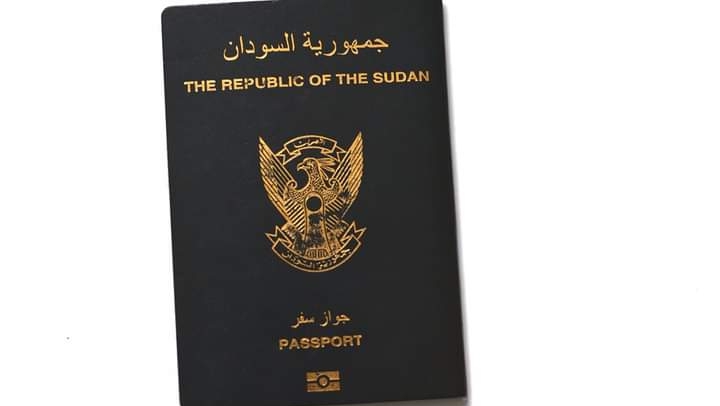The United States government has announced visa restrictions on South Sudanese officials and other entities involved in obstructing the delivery of vital humanitarian aid to the war-torn nation.
The sanctions, announced by the U.S. State Department on Friday, target those who have imposed severe taxes on aid shipments, further exacerbating the plight of millions of South Sudanese citizens enduring relentless conflict, natural disasters, and crippling poverty.
The decision follows alarming reports from the United Nations, which revealed that South Sudanese authorities have been detaining fuel tankers over tax disputes. This action has severely hampered the distribution of millions of dollars worth of humanitarian aid, critical for the survival of many in the region.
The aid, intended to alleviate the dire conditions in South Sudan, has been delayed at a time when the country is grappling with widespread displacement, hunger, and ongoing violence.
State Department spokesperson Matthew Miller issued a strongly worded statement condemning the South Sudanese government’s actions. “Despite assurances, the government has yet to effectively reduce the unacceptably high costs, bureaucratic obstacles, and risks of providing humanitarian assistance to South Sudanese people in need,” Miller stated.
He emphasized that these obstructions cast serious doubt on the government’s commitment to the 2018 peace agreement, which included promises to create a conducive environment for the delivery of humanitarian assistance.
The visa restrictions, which will bar the cited individuals from entering the United States, signal Washington’s growing frustration with the South Sudanese authorities’ failure to fulfill their obligations.
The U.S. government has been a major donor to South Sudan, contributing significant resources to support humanitarian efforts in the region. However, the continued bureaucratic hurdles and taxation imposed on aid deliveries have sparked international concern and criticism.
Humanitarian organizations have long struggled to operate in South Sudan, facing challenges such as insecurity, limited infrastructure, and government-imposed barriers.
The latest developments underscore the persistent difficulties these organizations face in reaching those most in need. The U.N. has warned that the delays in aid distribution could have catastrophic consequences, particularly as the country faces its worst food crisis in years.
The 2018 peace agreement, which ended South Sudan’s five-year civil war, was seen as a beacon of hope for the country. However, the government’s failure to honor its commitments has led to increasing instability and a deteriorating humanitarian situation. The visa restrictions imposed by the U.S. are a clear message that the international community expects the South Sudanese government to take immediate action to remove these barriers and prioritize the well-being of its citizens.
Amidst the fragile peace in South-Sudan, the U.S. State Department’s actions serve it’s a reminder that the global community is watching closely.
The effectiveness of these sanctions remains to be seen, but they undoubtedly reflect the growing impatience with a government that has yet to demonstrate its full commitment to peace and the protection of its people.




